Our great-grandparents were tough as nails. They had to be. Life was harder back then, and they needed a whole set of skills just to get by. These days, we’ve got it easy. But what if things go south? I’ve spent years honing these old-school skills, and let me tell you, they’re worth their weight in gold. Here’s my list of 15 forgotten skills that could save your bacon in a pinch. Trust me, you’ll want to learn these before you need them.
Fire Starting Without Matches
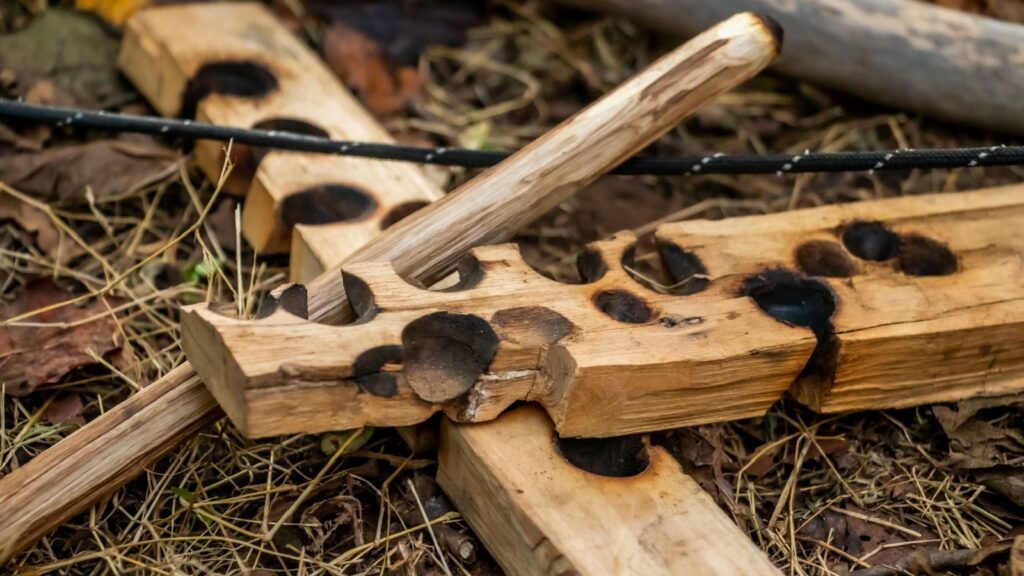
I remember the first time I tried to start a fire without matches. It was tougher than I thought! Our ancestors could get a blaze going in minutes using just what nature provided. The ability to make fire is crucial for warmth, cooking, and signaling for help. With practice, you can master techniques like bow drilling or using flint and steel. It’s a skill that could literally save your life one day.
Foraging for Wild Edibles
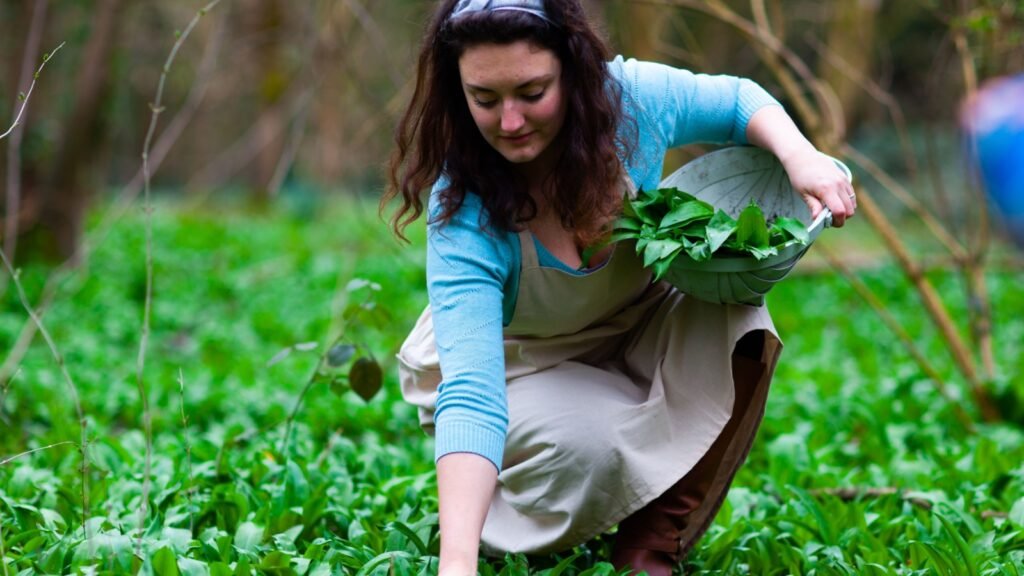
Grocery stores are great, but what if they’re not an option? Knowing which plants are safe to eat could mean the difference between feast and famine. Our forebears could spot edible plants a mile away. They knew which berries were safe and which mushrooms to avoid. Learning to identify even a handful of wild edibles in your area is a great start. Just remember, always be 100% sure before you eat anything you find in the wild.
Basic First Aid and Herbal Medicine

Before modern medicine, people relied on nature’s pharmacy. They knew which plants could ease pain, fight infection, or settle an upset stomach. Basic first aid skills were common knowledge too. Learning to treat wounds, set bones, and recognize common ailments could be a lifesaver. In a crisis, you might be your family’s only doctor.
Hand Tool Woodworking
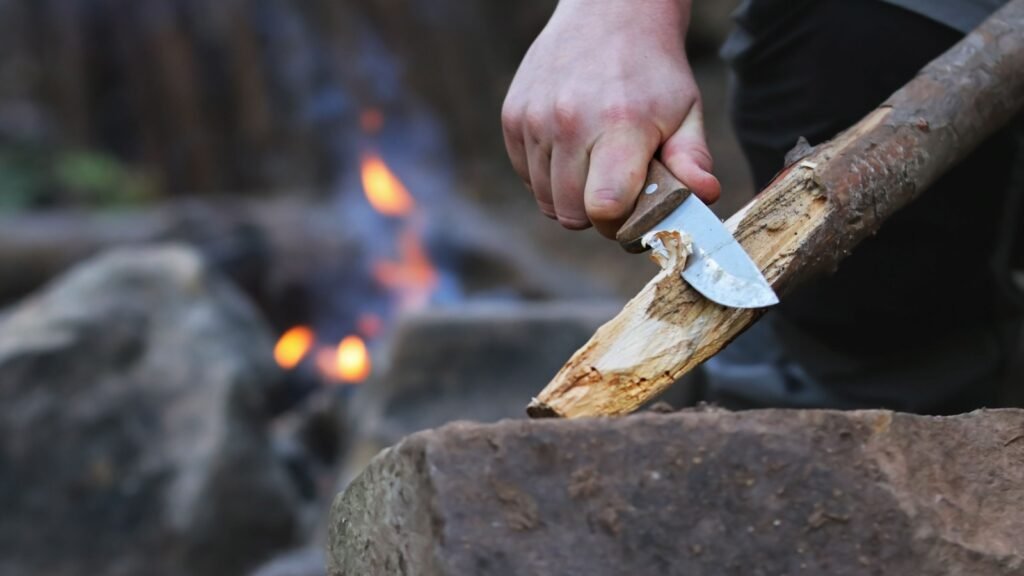
Our ancestors could build just about anything with a few simple tools. They didn’t need power tools or fancy gadgets. With a good axe, saw, and knife, they could craft furniture, build shelters, and repair just about anything. Learning to work wood by hand is not only practical, it’s incredibly satisfying. Plus, these skills will always be useful, power or no power.
Animal Husbandry
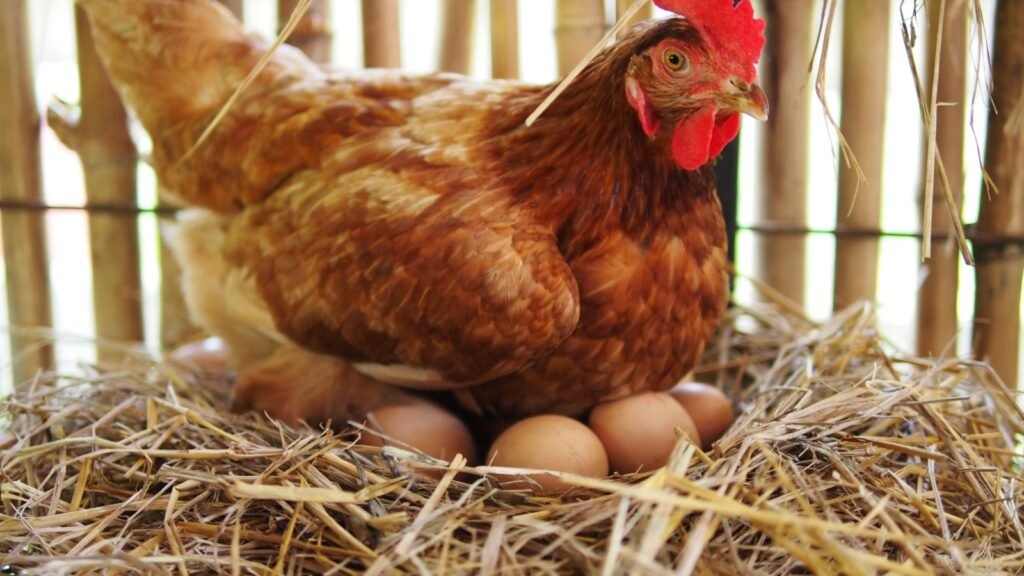
Raising animals was once a common skill. People knew how to care for chickens, goats, and even larger livestock. They understood breeding, birthing, and basic veterinary care. In a long-term crisis, this knowledge could provide a sustainable food source. Even on a small scale, keeping a few chickens for eggs can make a big difference in your food security.
Preserving Food Without Refrigeration
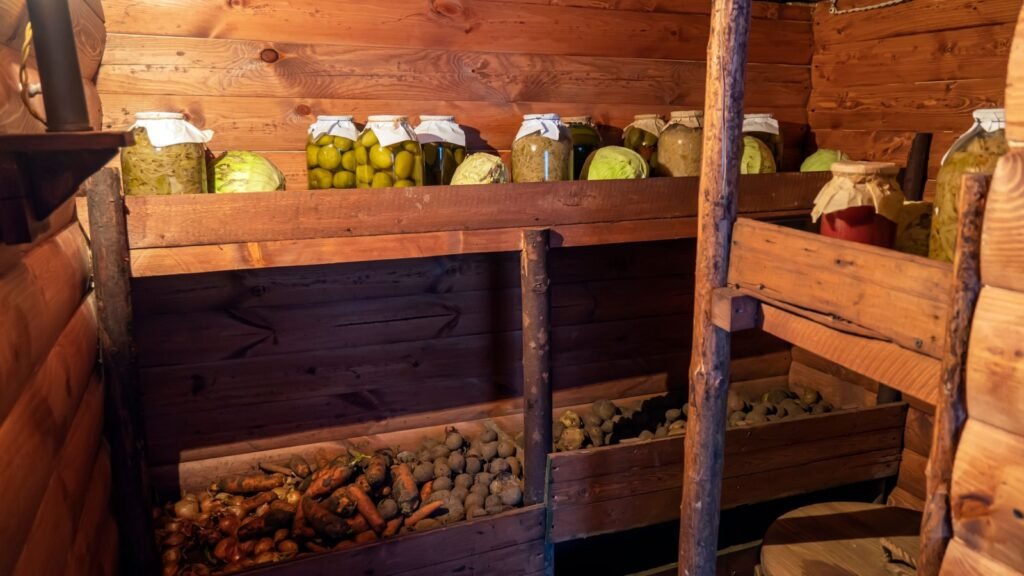
Before fridges, people had to get creative with food storage. They mastered techniques like smoking, salting, and fermenting to keep food edible for months. Canning, drying, and pickling were household skills. These methods not only preserve food but can enhance flavors too. Learning even one of these techniques can greatly extend your food supplies in an emergency.
Navigation Without GPS

Our ancestors could find their way using nothing but the stars and natural landmarks. They understood how to read the landscape and navigate without maps or compasses. In a world where we rely heavily on GPS, this skill is nearly lost. But being able to find your way home without technology could be crucial in a crisis. It’s also a great way to feel more connected to the world around you.
Making and Mending Clothes

Fast fashion wasn’t a thing back in the day. People knew how to make clothes from scratch and repair them when they wore out. Basic sewing, knitting, and even spinning and weaving were common skills. Being able to make and mend your own clothes can save money and resources. In a long-term crisis, it could keep you warm and decent.
Water Sourcing and Purification
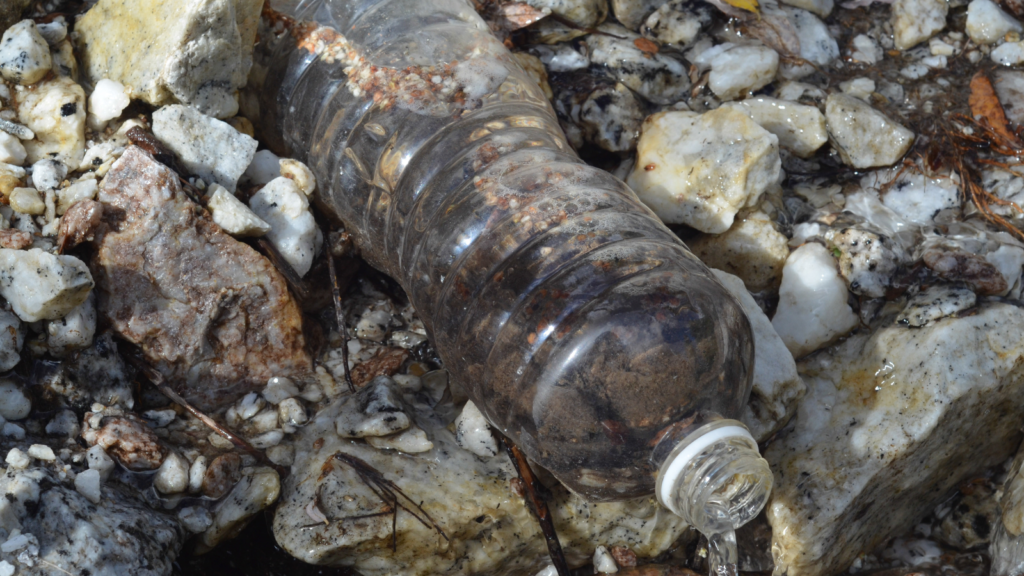
Clean water is life. Our ancestors knew how to find water sources and make them safe to drink. They could dig wells, collect rainwater, and purify water using natural materials. Knowing how to find and clean water in the wild is crucial for survival. Even in your own home, having a backup water purification method is smart.
Blacksmithing and Metalworking
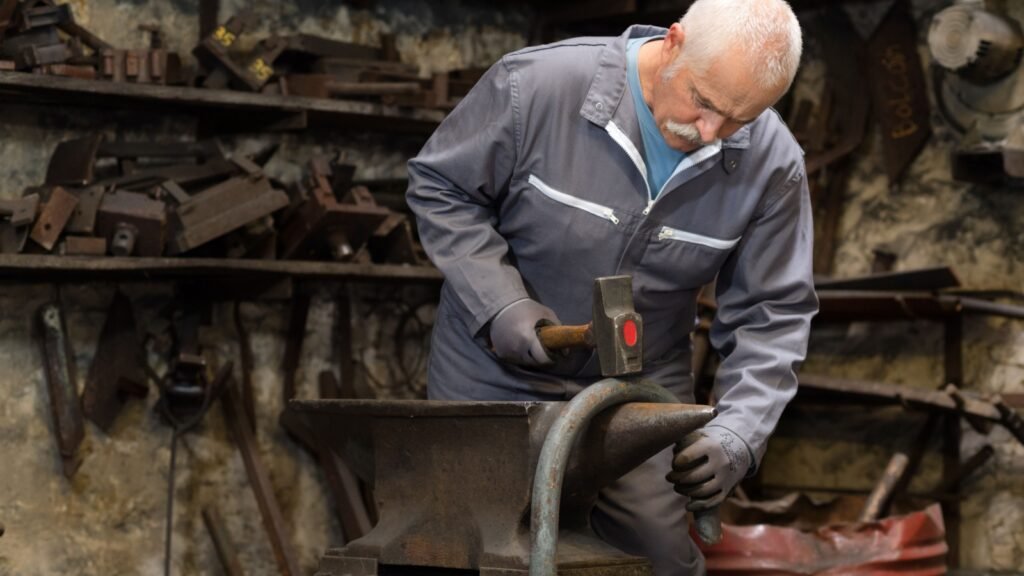
The village blacksmith was once a crucial member of any community. They could make and repair tools, weapons, and all sorts of metal objects. While you might not need to forge a sword, basic metalworking skills can be incredibly useful. Learning to repair metal tools or even make simple items could be valuable in a crisis.
Natural Rope and Cordage Making

Rope is one of those things you don’t think about until you need it. Our ancestors could make strong, durable rope from plants they found in nature. They knew which fibers to use and how to twist them into sturdy cordage. This skill can be useful in all sorts of situations, from building shelters to making traps for food.
Primitive Hunting and Trapping

Before high-powered rifles and store-bought traps, people had to be clever to catch their dinner. They understood animal behavior and could craft effective traps from natural materials. While modern hunting is very different, knowing how to catch food without fancy gear could be a lifesaver. Even simple snares or fish traps can provide food in a pinch.
Natural Navigation

Our ancestors could tell direction, predict weather, and even estimate time using nature’s clues. They read the stars, understood wind patterns, and knew what different cloud formations meant. These skills can help you stay safe and make better decisions in the outdoors. Plus, they give you a deeper appreciation for the natural world.
Soap and Candle Making

Cleanliness and light were just as important to our ancestors as they are to us. They knew how to make soap from animal fats and lye, and candles from tallow or beeswax. These skills ensure you can stay clean and have light, even in a long-term crisis. Plus, homemade soaps and candles make great gifts!
Seed Saving and Plant Propagation

The ability to grow your own food is invaluable, but it’s not much use without seeds. Our ancestors knew how to save seeds from their best plants and how to propagate new plants from cuttings. This knowledge ensures a continuous food supply and allows for the improvement of crops over time. It’s a skill that connects you to the cycle of life and can provide food security for years to come.

